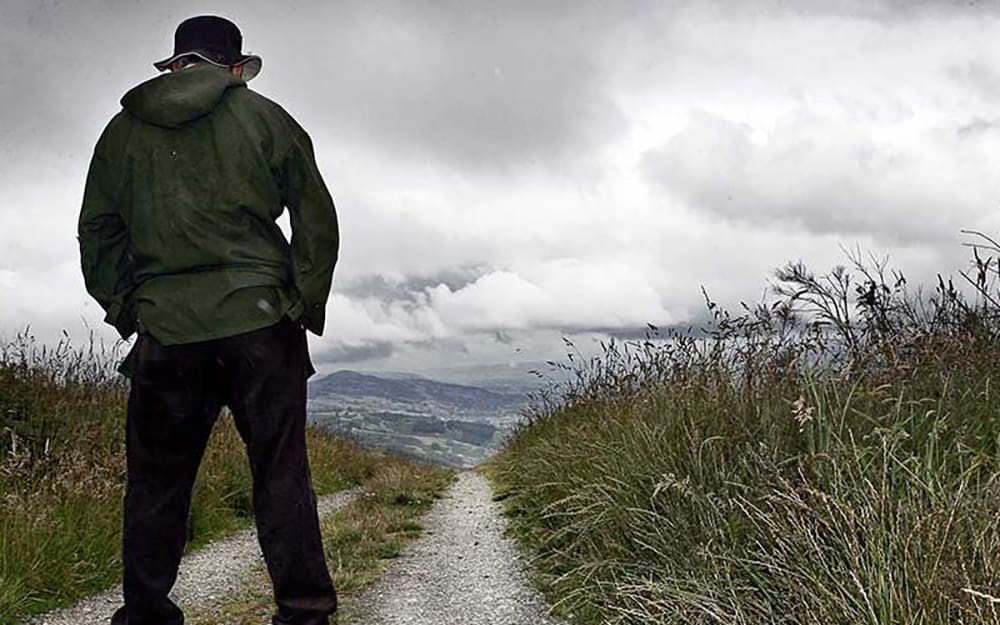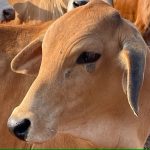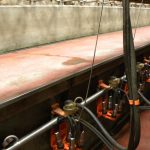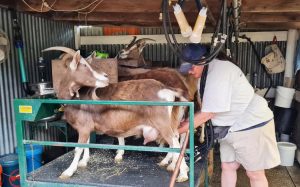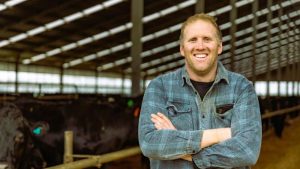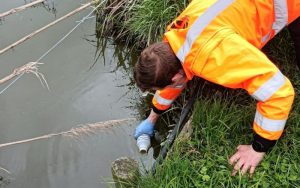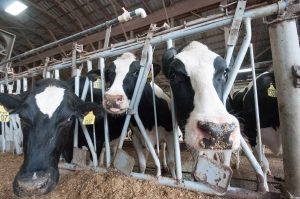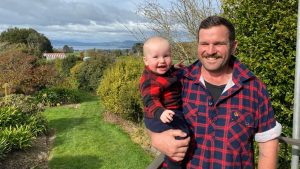
Alone among farmers and growers, horticulturalists are feeling better about their operations.
Rising concern over the outlook for agricultural commodity prices in the year ahead has pushed New Zealand farmer sentiment to a record low, according to the latest Rabobank Rural Confidence survey.
Completed in late September, the survey found farmer confidence in the broader agricultural economy was well back on the already low net confidence reading recorded in June 2023 (-57%), and now sits at -72 %.
It is the lowest net reading in the 20-year history of the survey, eclipsing the previous record low of -71% recorded in Quarter 4 of last year.
The survey found 77% of farmers were expecting conditions in the broader agricultural economy to worsen over the next 12 months (up from 65% last quarter) with only 5% expecting conditions to improve (from 8% previously). The remaining 15% expected conditions to stay the same (24% previously).
While a swathe of farmer concerns were contributing to record low sentiment, Rabobank New Zealand country banking general manager Bruce Weir said lower commodity prices have now emerged as the chief source of farmer anxiety.
“Following our last survey in late-June, we saw Fonterra lower the mid-point of their farmgate milk price forecast from $8.00kg/MS to $6.75kg/MS, while schedule prices for sheep and beef products have also tumbled,” he said.
“And it was not surprising to see more than half of farmers (54%) with a negative outlook identifying ‘falling commodity prices’ as a reason for their pessimistic view on the year ahead.
“Fonterra’s subsequent revision of the milk price earlier in the week to a new mid-point of $7.25kg/MS was a significant boost for the industry. However, this lift was made after the survey period and is therefore not reflected in the latest results.”
More farmers had assessed their own farming business as unviable, while investment intentions were back on last quarter.
Twelve per cent of farmers viewed their farming operation as unviable this quarter (up from 8% previously), while there was also a lift in the number of farmers assessing their operation as ‘just viable’ (40% from 38% last quarter).
The survey found farmers second most-pressing concern was rising input costs (46%).
“Prices for key farm inputs like fertiliser, fuel and feed all remain stubbornly high and, with farm income now significantly lower, farmers’ central focus at the present time is on identifying how they can strip unnecessary costs out of their businesses over the months ahead.”
Weir said other key concerns in the latest survey were government policies (35%), overseas markets (29%) and “rising interest rates” (18%).
The results of the survey reflect the incredibly tough conditions facing primary producers but Weir urged farmers not to overlook their own health and wellbeing in the current environment.
“Rabobank is involved with several initiatives in the rural health and wellbeing space, and we’ll continue to raise awareness of the various opportunities available for farmers to get off farm and to focus on their mental health.”
One of the few bright spots, Weir said, was the uplift in growers’ confidence in their own operations.
“Horticulturalists bucked the trend this survey recording an improved net score of plus 22% on this measure, up from minus 8% previously,” he said.
“And one of the key factors likely to have contributed to this higher sentiment among horticulturalists, is recent improvements in kiwifruit quality management, which have helped drive kiwifruit prices upwards this season.”
Conducted since 2003, the Rabobank Rural Confidence Survey is administered by independent research agency TNS, interviewing a panel of approximately 450 farmers each quarter.
